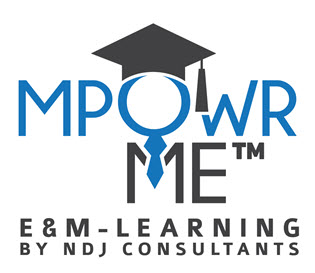Transferable Skills
Minute Taking
The minute taker plays a vital role within the meeting structure.
4.8 (253 ratings)

R700.00
Sign In Sign in to register for this training programme
Learning Outcomes
| Write and distribute minutes with confidence |
| Understand best practice theories to prepare for meetings and write effective minutes |
| Identify positive strategies to listening and summarising |
| Deal with jargon, technical language and grammar professionally |
Description
It has been said that if the minutes of a meeting are not accurate, then the meeting may just as well not have taken place. Badly written minutes risk remaining unread and its objectives not being reached. NQF Level 3
Outline
| 1. Introduction | |
| The Difficulties of Minute Taking | |
| The Difference Between Good and Poor Minutes | |
| Meeting Terminology | |
| 2. Preparing for the Meeting | |
| Pre-Meeting Preparation | |
| Notice of Meeting | |
| Agenda Setting | |
| Voting | |
| 3. Minute Taking and Speedwriting | |
| Basic Principles for Effective Minute Taking | |
| Physical Requirements to Improve your Writing Speed | |
| Summarising Information | |
| Using Abbreviations and Symbols | |
| Phonetic Writing (Writing What you Hear) | |
| How to Improve Concentration and Memory Retention | |
| Taking Minutes of Unfamiliar Information | |
| Posture and Movement to Increase Writing Speed and Professionalism | |
| 4. Drafting Professional Minutes | |
| Assessing your Readers | |
| Your Information (Key Principles) | |
| Structure: Achieving a Logical Flow to Complex Information | |
| Style and Format (Formal, Informal and Action Minutes) | |
| Blueprint for Perfect Minutes | |
| 5. Professional Business Writing Principles | |
| Paragraphs and Sentences | |
| Punctuation, Spelling and Grammar | |
| Word Choice | |
| Verb Tenses | |
| Bullet Points and Numbering Systems | |
| Layout | |
| Editing | |
| Acceptance of Accuracy of Minutes by Meeting Participants | |
MPowrMe ™


